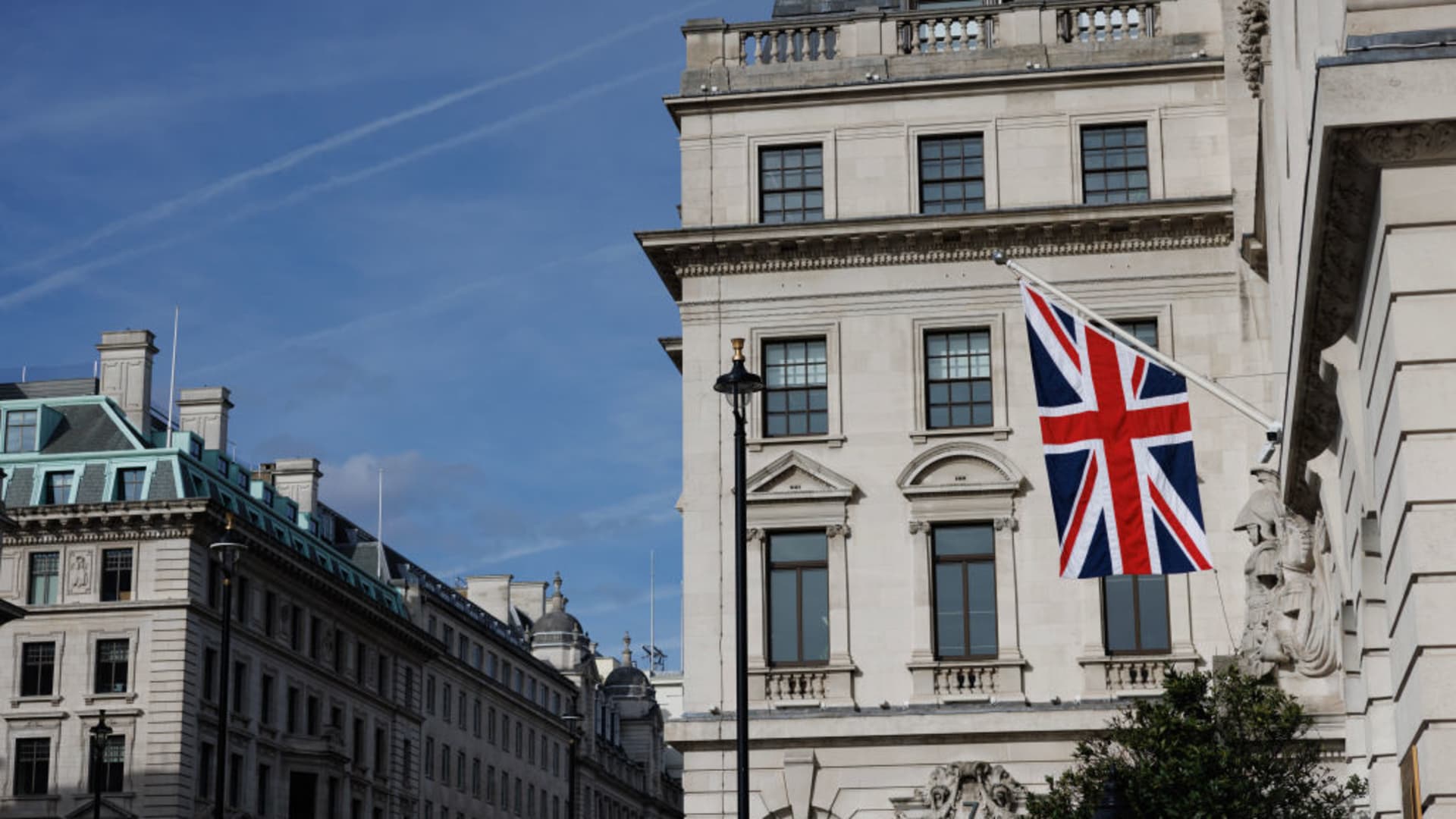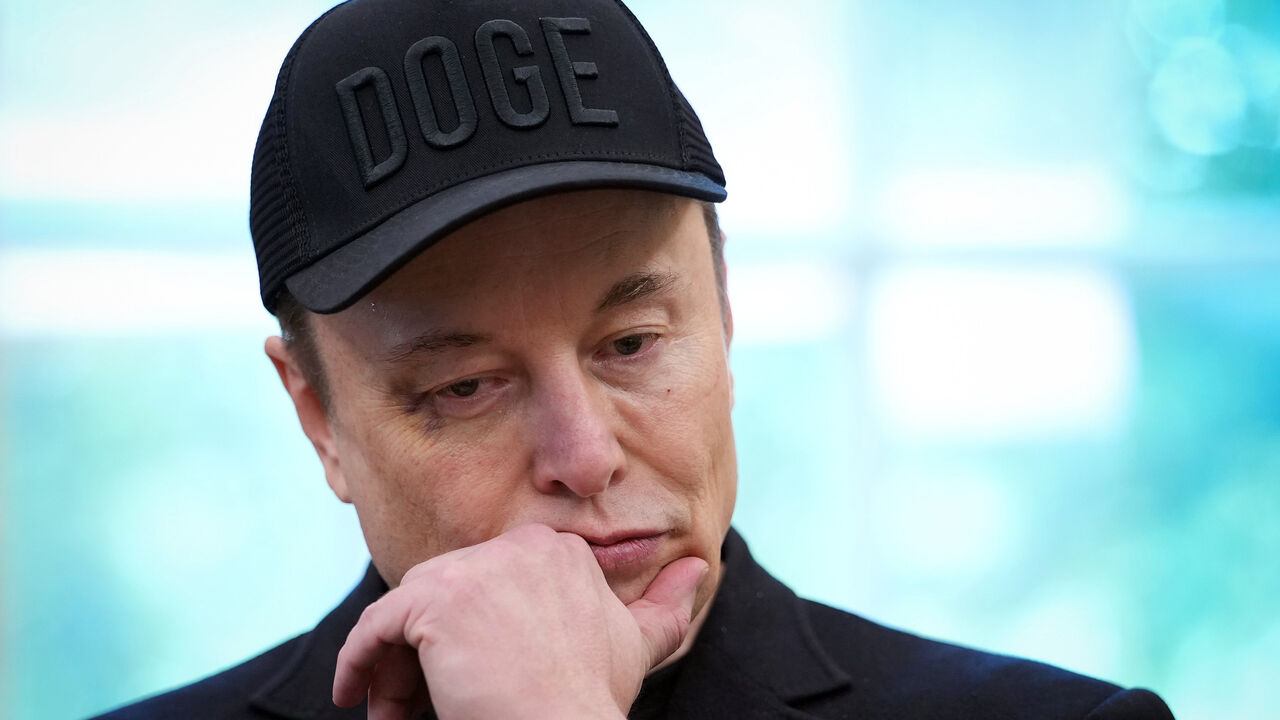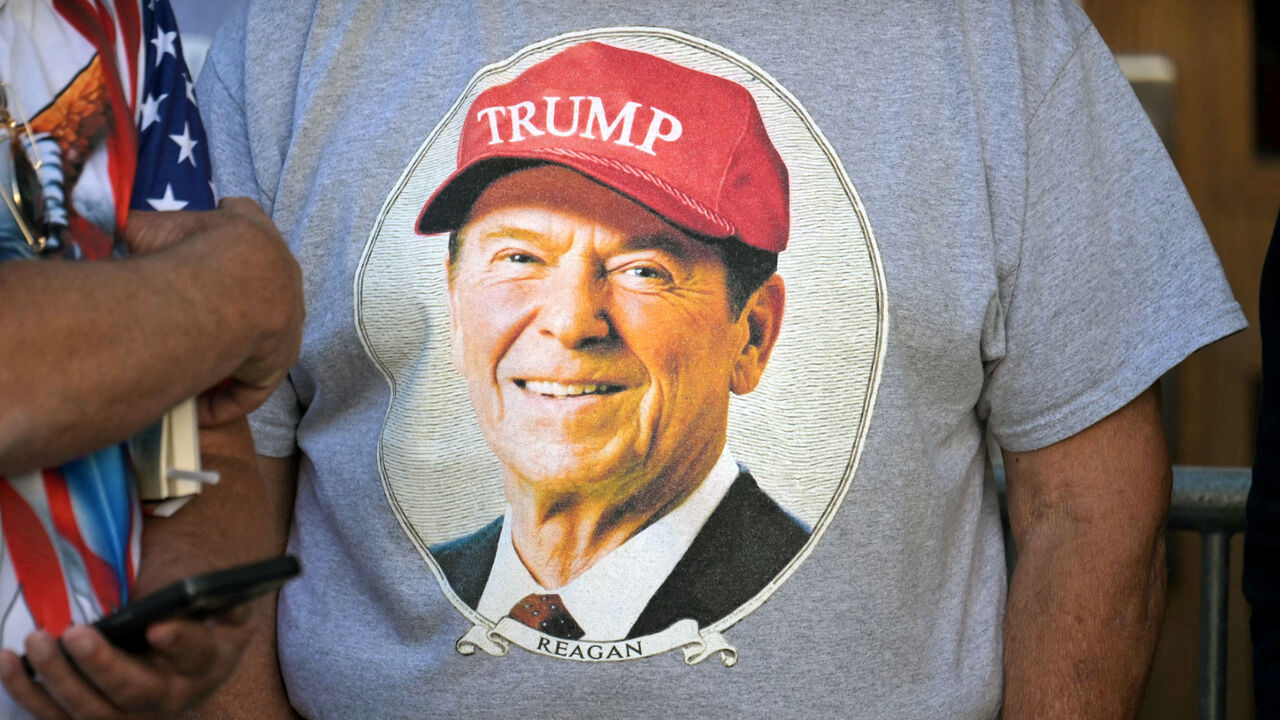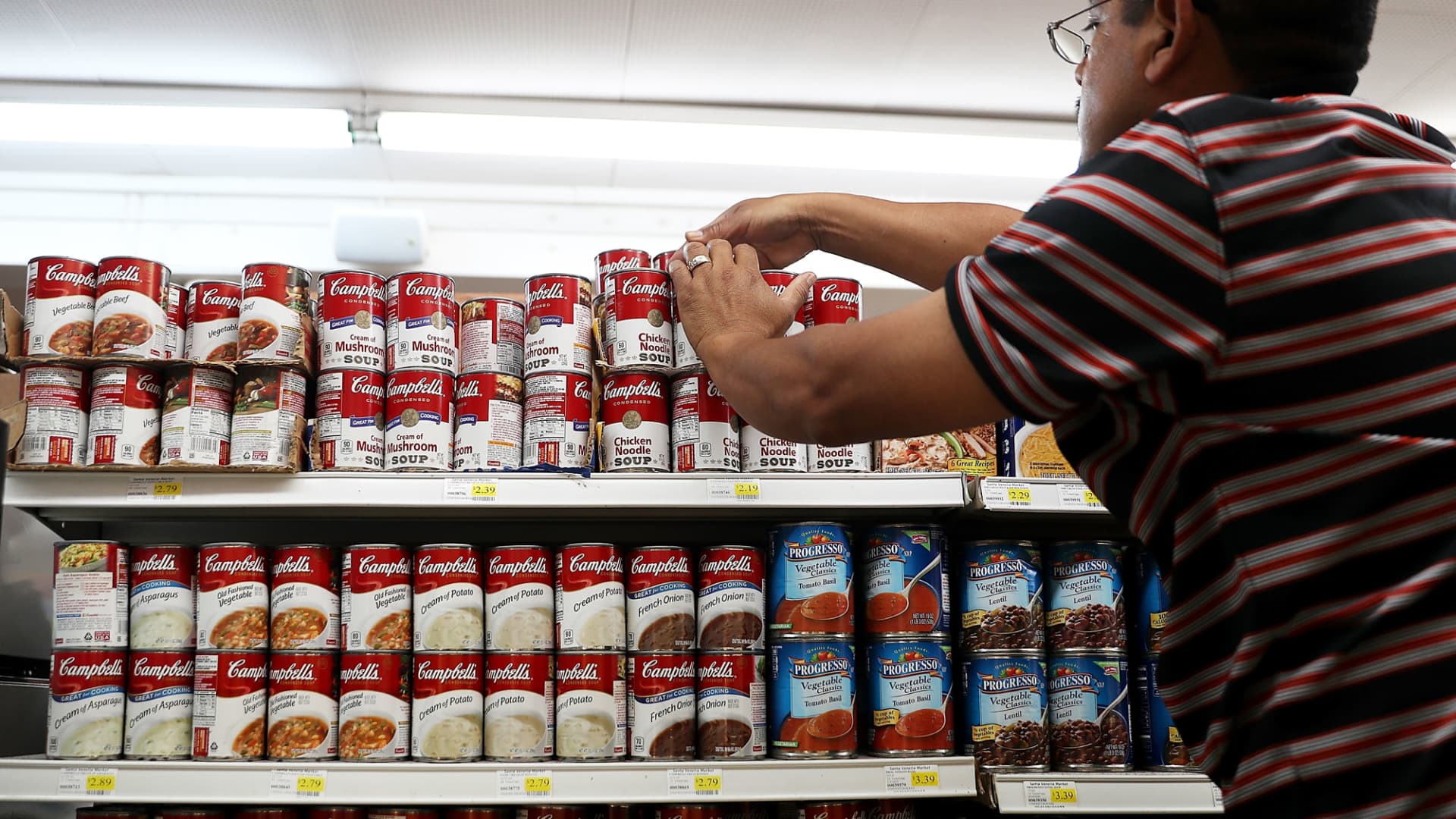LONDON — U.K. gross domestic product rose 0.1% in February, the Office for National Statistics said on Friday, providing another sign of a return to sluggish economic growth this year.
The month-on-month figure was in line with a projection in a Reuters poll. On an annual basis, GDP was 0.2% lower.
The economy contracted in the third and fourth corners of 2023, putting the U.K. in a technical recession.
January recorded light growth, which was revised upward to 0.3% on Friday.
Construction output, which boosted growth at the start of the year, fell 1.9% in February. Instead, production output was the biggest contributor to the GDP, rising by 1.1% in February, while growth in the U.K.’s dominant services sector slowed to 0.1% from 0.3%.
The reading “all-but confirms the recession ended” last year, Paul Dales, chief U.K. economist at Capital Economics, said in a note.
“But while we expect a better economic recovery than most, we doubt it will be strong enough to prevent inflation (and interest rates) from falling much further as appears to be happening in the U.S.,” Dales added.
British inflation fell more than expected in March, to a nearly two-and-a-half year low of 3.4%.
In the U.S., however, price rises came in higher than forecast at 3.5% this week, pushing back market bets for the start of interest rate cuts from the summer to September.
This has raised questions about whether central banks elsewhere will be influenced by a later start from the Federal Reserve than previously expected, particularly if the U.S. dollar strengthens.
Goldman Sachs on Friday revised its forecast for Bank of England rate cuts this year from five to four, projecting the trims will start in June, before slowing to a quarterly pace.
Simon French, chief economist at Panmure Gordon, told CNBC’s “Squawk Box Europe” on Friday that while the BOE is independent, policymakers will nevertheless be conscious of an upcoming U.K. national election, which politicians have suggested will be held in the second half of the year.
“Do you get [cuts] out of the way ahead of that general election? There is quite a lot of pressure from the governing party, not necessarily the prime minister but the chancellor has talked about expecting rate cuts.”
Overall, French said the figures strongly indicated the end of the recession but were “not a reason to hang out the bunting.”
Growth is below its pre-pandemic trend and lagging the U.S., but is on a par with much of Europe and showed signs of a pick-up in areas such as manufacturing and car production, French added.
— CNBC’s Ganesh Rao contributed to this story

 Personal Finance1 week ago
Personal Finance1 week ago
 Blog Post1 week ago
Blog Post1 week ago
 Economics6 days ago
Economics6 days ago
 Economics1 week ago
Economics1 week ago
 Accounting6 days ago
Accounting6 days ago
 Personal Finance1 week ago
Personal Finance1 week ago
 Economics6 days ago
Economics6 days ago
 Personal Finance6 days ago
Personal Finance6 days ago





















